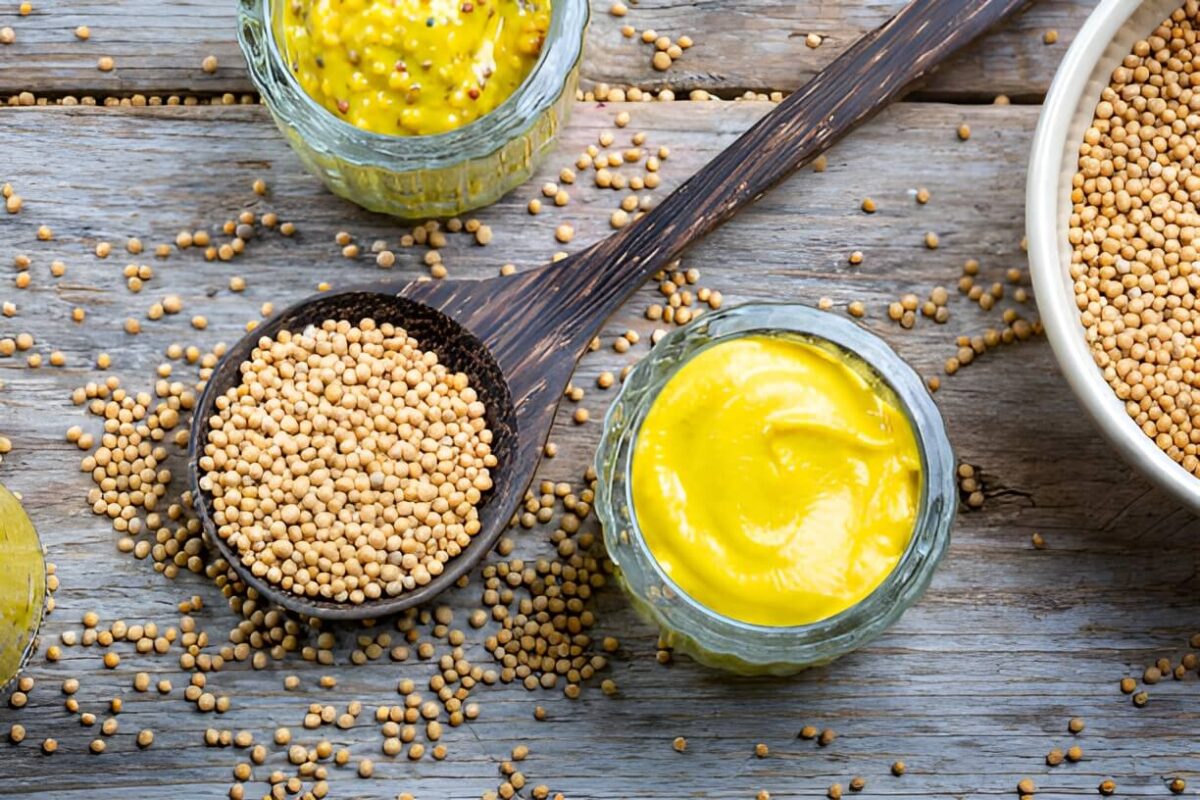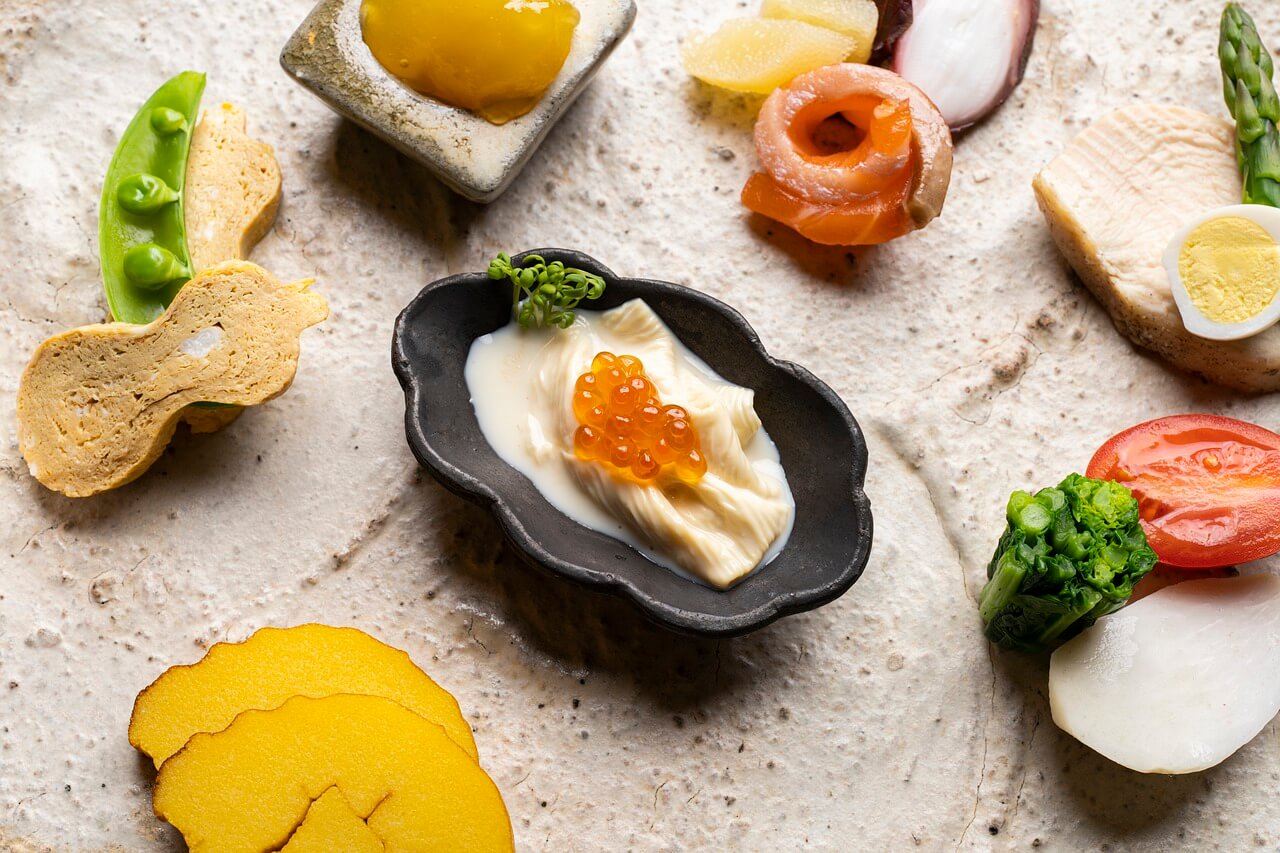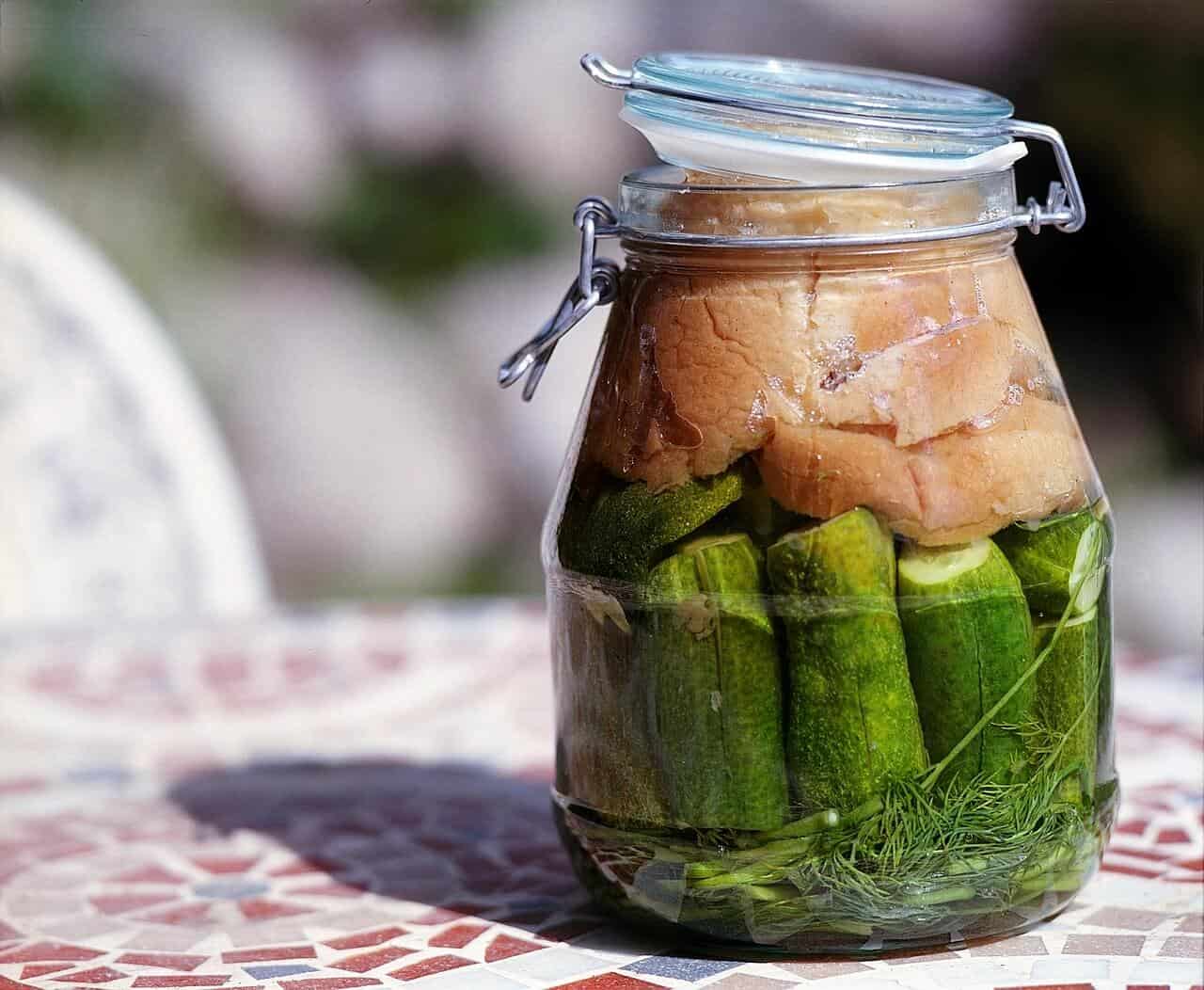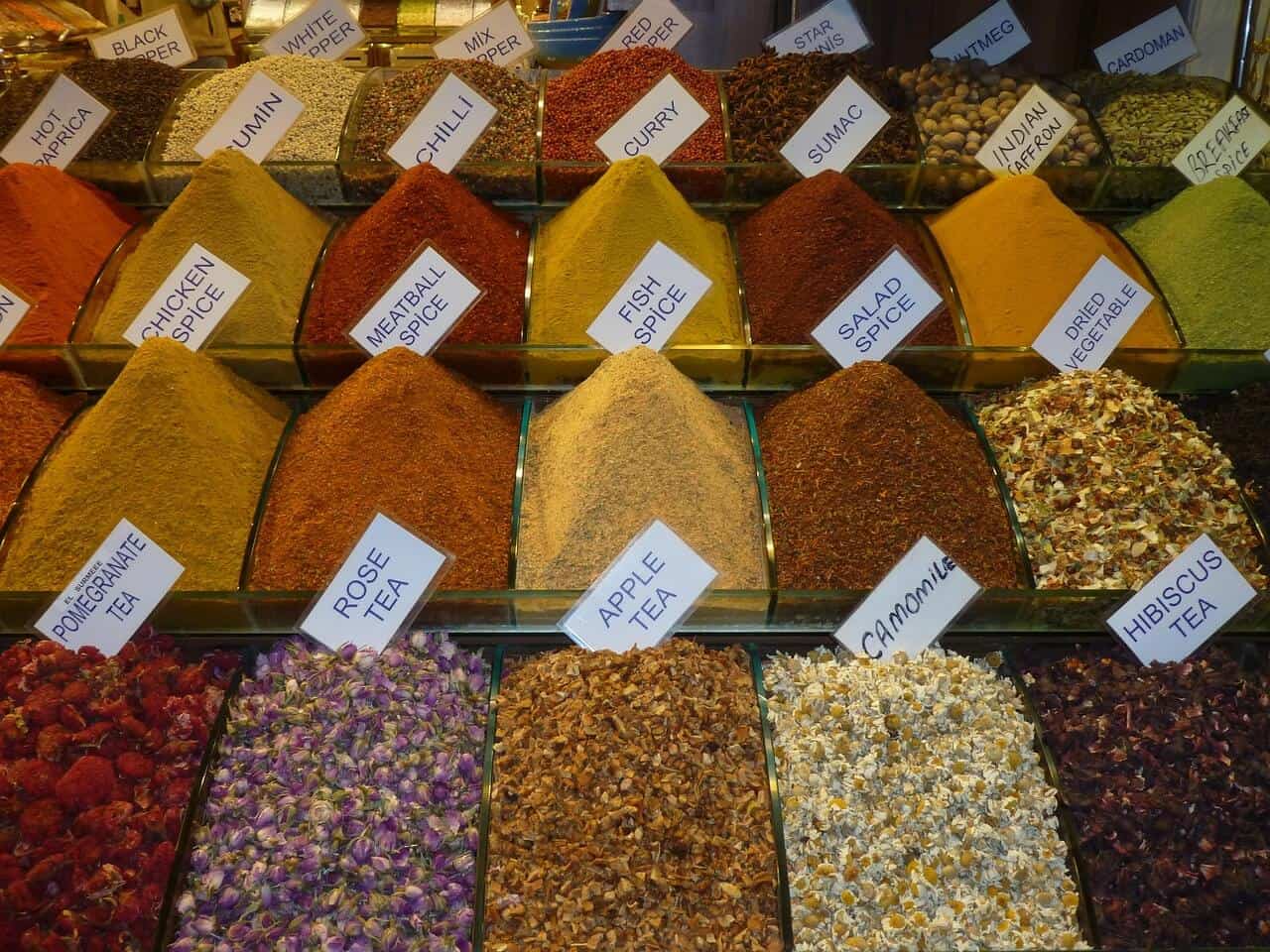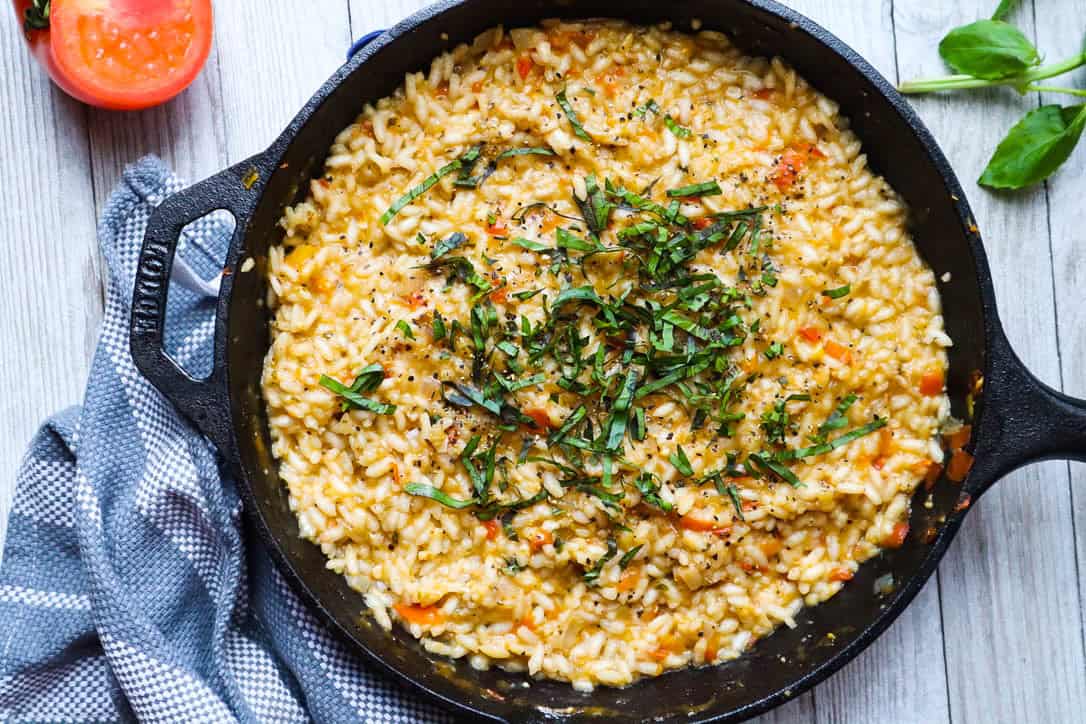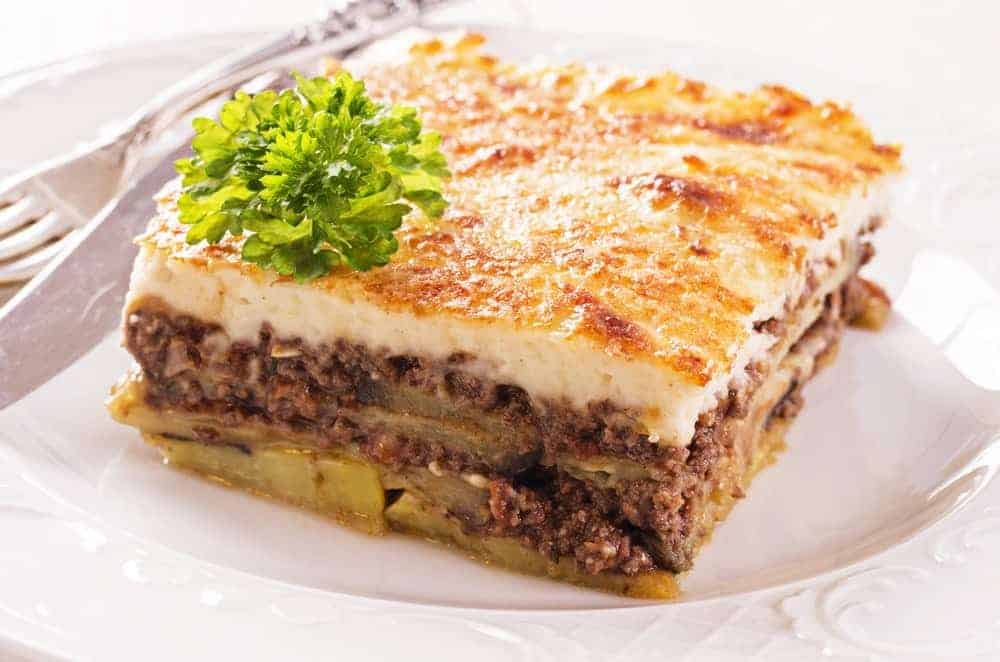The debate over the perfect potato salad recipe has raged for years, perhaps even centuries, with friends and family splitting into camps over the best ingredients. Some insist on adding certain vegetables, while others hold firm on their choice of seasoning. But one divisive ingredient stands out among the rest: mustard. Whether you love it or hate it, the inclusion of mustard in potato salad is a topic of fierce culinary contention. And, to put it bluntly, mustard doesn’t belong in potato salad—not now, not ever. Here’s why.
1. Mustard Overpowers the Delicate Balance
Potato salad is a dish built on subtle flavors and textures, and when made well, it’s a harmonious blend of creamy, soft potatoes, tangy pickles, and a touch of herbs. The magic lies in how these flavors meld together without any one ingredient dominating the dish. Mustard, with its sharp and tangy flavor, disrupts this balance. Its pungency can easily take over, drowning out the more nuanced flavors that make potato salad so comforting and delicious.
The purpose of a good potato salad is to let the potatoes shine. They’re the star of the show, with the dressing acting as a complementary layer. By adding mustard, you risk turning the dish into a mustard salad with a hint of potato rather than a potato salad with a hint of tang.
2. It Messes with the Creamy Texture
Texture is a critical element of a good potato salad. The smoothness of the dressing, whether made from mayonnaise, sour cream, or a blend of both, provides that satisfying creaminess that potato salad lovers crave. Mustard, however, changes the texture. Depending on the type used—yellow, Dijon, or whole grain—it can create a grainy, uneven consistency that detracts from the smooth mouthfeel of the salad.
Some may argue that mustard adds “zing” to the dish, but that zing comes at a cost. The graininess disrupts the velvety texture that mayonnaise brings, resulting in a potato salad that’s less creamy and more aggressive on the palate.
3. Tradition Is Important
For many of us, food is a way of honoring tradition. Family recipes for potato salad have been passed down for generations, and often they are tied to memories of holidays, picnics, or family gatherings. Classic potato salads don’t include mustard, and there’s a reason for that: the traditional version of this dish is about simplicity and balance.
While some people may have grown up with mustard-laden potato salad, the more classic versions stick to mayonnaise-based dressings. This time-honored recipe has been perfected over the years, and adding mustard can feel like an unnecessary disruption. Sometimes, you just don’t mess with perfection.
4. Mustard Reduces the Universal Appeal
Potato salad is a dish meant to be shared—whether at a summer barbecue, a potluck, or a holiday dinner. When you’re preparing food for a group, you want to make something that appeals to as many people as possible. Not everyone loves mustard. Its strong flavor can be polarizing, and many people simply prefer the more subtle, creamy taste of a mustard-free potato salad.
By leaving out the mustard, you allow your potato salad to have broader appeal. It becomes a dish that almost everyone can enjoy without encountering a flavor they find too overpowering or unappetizing. The more universal your dish is, the more likely it will be a hit at any gathering.
5. Mustard Limits Your Flavor Options
Potato salad should be a blank canvas, allowing for creativity in the form of additional ingredients. The best potato salads are those that can be customized with herbs, pickles, onions, or even hard-boiled eggs. However, when you add mustard, you limit your options. Mustard’s strong flavor tends to clash with or overpower other delicate ingredients like fresh herbs or mild spices.
Without mustard, the potato salad dressing is neutral enough to allow a variety of additions without competing for attention. Dill, parsley, or even a hint of paprika can add layers of flavor, whereas mustard often becomes the dominant taste, making it hard for these subtler elements to shine through.
6. A Good Potato Salad Doesn’t Need a Sharp Bite
One of the reasons people love potato salad is that it’s a comfort food. It’s creamy, mild, and satisfying. There’s no need for sharp, tangy flavors to “wake up” the dish—potato salad isn’t trying to be exciting or daring. It’s meant to be a comforting side that pairs well with everything from grilled meats to sandwiches.
Mustard, on the other hand, adds a sharpness that doesn’t belong in a dish that’s all about comfort. If you want a potato-based dish with a kick, you might be better off making a potato salad with vinaigrette or a spicy roasted potato dish. But for a classic, creamy potato salad, sharp mustard simply doesn’t fit the bill.
7. People Expect Certain Flavors in Potato Salad
There’s a certain familiarity people expect when they eat potato salad. They expect the creamy richness of mayonnaise, the slight tang of pickles or vinegar, and the earthy, soft texture of potatoes. When you add mustard, you throw off that expectation.
It’s like biting into a chocolate chip cookie only to discover it’s filled with raisins—it’s not what people expect, and that can lead to disappointment. If you’re preparing potato salad for a group, it’s worth considering that many people have strong preferences for the traditional version. Sticking to what people know and love is often the best approach.
8. Mustard Is Too Harsh for the Subtle Flavors
Mustard is known for its bold, assertive flavor. In small amounts, it can be a great addition to dishes like sandwiches or hot dogs, but in something as subtle as potato salad, it can be overwhelming. The mild flavors of the potatoes, eggs, and herbs can’t compete with mustard’s harsh tang, and as a result, those other flavors get lost.
The beauty of potato salad is in its delicacy. Each bite should offer a balanced combination of creamy, salty, tangy, and fresh flavors. Mustard throws that balance out of whack and introduces a flavor that’s just too intense for the dish.
Conclusion: Keep Mustard Out of Potato Salad
While it’s understandable that some people love the tangy flavor of mustard, it simply doesn’t belong in classic potato salad. Mustard is too strong, too overpowering, and too disruptive to the delicate balance of flavors that makes potato salad so beloved. Whether you’re preparing a dish for a family gathering, a summer barbecue, or simply enjoying a meal at home, skipping the mustard will result in a more universally appealing and satisfying potato salad.
So, the next time you’re tempted to reach for the mustard when whipping up a batch of potato salad, consider leaving it out. You might just save a friendship—or at the very least, create a potato salad that everyone can enjoy.
